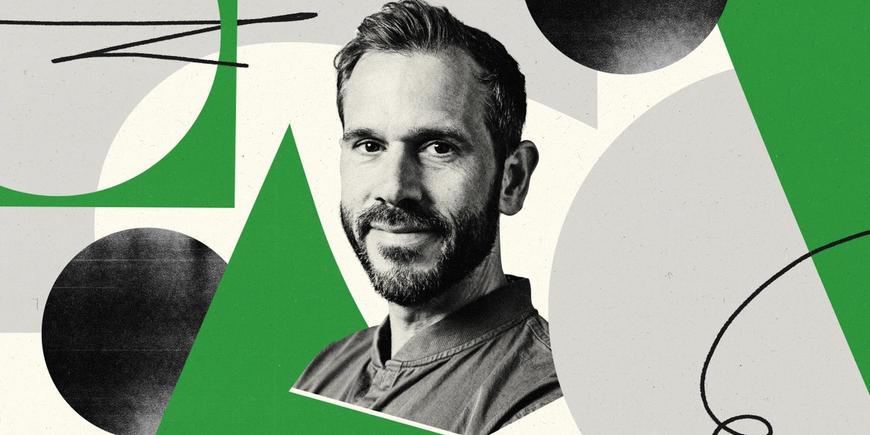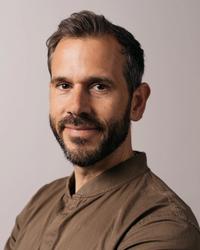Why I Became a VC
Partner Brian Schechter talks about being there for founders after having been there himself.

"Welcome to the dark side." I’ve heard this refrain countless times since I became a VC. I get it. There’s something suspect about VCs. We get this position of power, but the entrepreneurs we back are more resilient, ambitious, intelligent, charismatic, and just competent than we are.
When I told my father, who was a CEO and sat across the table from VCs for decades, I was becoming a VC, he said, "Why would you want to do that?" I’d like to explain.
Before diving in, it's worth noting that my experiences with VCs as a founder were overwhelmingly positive. In 2009, I cofounded my first company (HowAboutWe, acquired in 2014) when the phrase "founder friendly" was trending and VCs were repositioning themselves as service providers. In 2018, when my second company (SelfMade, still trucking) was in the midst of an emotionally taxing crisis, my investors never lost sight of the human element.
Don’t get me wrong. I’ve had VCs obnoxiously ghost me, condescendingly reject me, and arrogantly opine on complex problems. But that’s been the exception. As an angel investor and advisor in many scaling companies, I’ve seen the same thing. Bad behavior is rare and true partnership is normal.
So I did not become a VC to do it better. I became a VC because I love being there for founders and I know how much they benefit from working closely with someone who themselves has been there.
Being there is about being present, responding in the moment to what matters most, connecting on a human level, speaking your truth, listening deeply, and caring, fundamentally, about the entrepreneur and their journey.
If you’ve been there you understand what it takes to build a company. It’s insane.
Prior to being a founder, the five most transformative experiences of my life were: 1) high school sports, 2) theatre, 3) teaching, 4) silent meditation retreats, and 5) political organizing. These experiences forced me to rapidly learn new skills, take huge risks, be vulnerable, and transcend perceived limitations. They prepared me to create a company.
- Sports: grueling competition, pushing yourself to the limits, entering flow, and bonding with a group of people on a shared mission
- Theatre: creative risk taking to create something people love
- Teaching: leading students to do more than they thought they were capable of by convincing them of the merits of the task at hand and providing the scaffolding to help them succeed
- Silent meditation: being at ease and experiencing joy amidst all that is arising
- Political organizing: campaigning for a cause greater than yourself
Company creation is all of this. And then some. You’re at it for many many years, all while under immense pressure to perform and deliver for your team, your investors, and your customers. During ten years and two startups, I learned how to navigate these intensities while staying healthy, true to myself, and obsessively focused on building.
To share this and be there for founders is a joy, and it’s why I became a VC.
What does this look like in practice? It starts with a shared understanding of the basics: cash balance, burn, state of the product and how customers feel, team morale, current blockers, etc. Equally important are strategy questions about the product roadmap, the market, the competition, and fundraising. Eventually, if you’re truly being there, you encounter the complex psychological dynamics founders face such as how to show up, manage anxiety, overcome self-sabotage, and constantly up their game. Delusions and doubts need to be discarded. Confidence and clarity need to win the day. To be supportive at this level takes time and trust. It’s earned through late night phone calls and early morning walks to strategize around hard conversations, company-wide communications, and do-or-die questions for the business.
When a founder takes off and starts operating at a new level, it’s exceptionally rewarding. Being there for founders is a joy when you get it right. It’s why I became a VC and what energizes me in each interaction I’m fortunate enough to have with anyone endeavoring to build a company.
